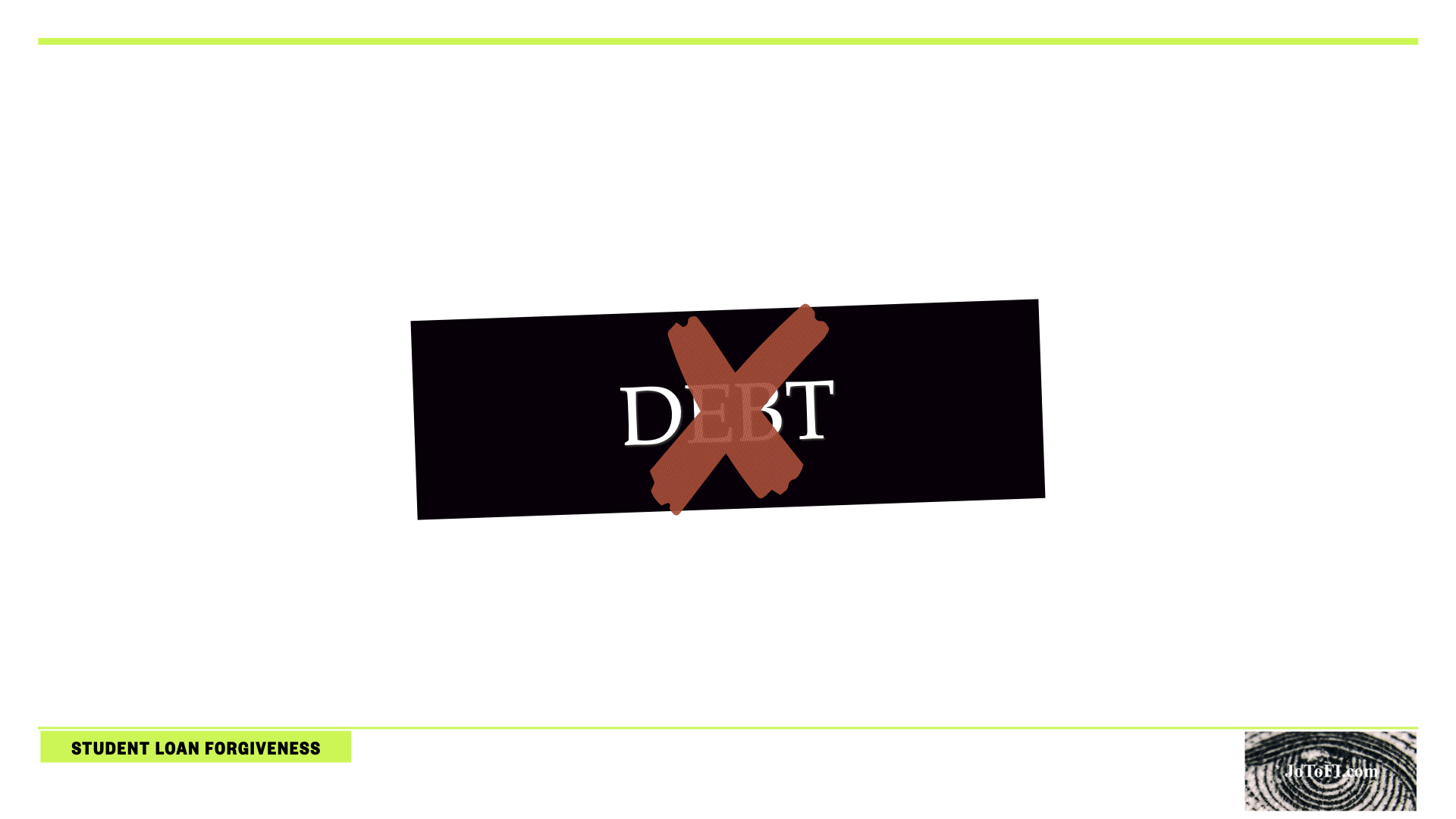Inflation is the overall general upward price movement of goods and services in an economy. Put it simply, when asked what is inflation, it is a general increase in prices. Why is this important, this is important because as prices rise, your purchasing power decreases. Unless you have obtained a pay increase that matches or exceeds inflation, your purchasing power is being eroded.
What Is Inflation
A simple example of inflation is the price of an item at your birth versus current prices. I can remember when a can of soda from a soda dispensing machine was only 25 cents. Today, the same soda would cost at least about $1.50. My friends, that is inflation. This also shows how much your purchasing power have decreased. 25 cents cannot purchase what it use to. As prices rise, you are able to purchase fewer goods and services with the same amount of money.

Why Is Inflation Important
As inflation rises, purchasing power decreases, costs of living increases, and economic growth may decrease. If prices increase and consumers cannot purchase goods and services, guess what happens next? Without a pay increase, consumers will not be able to purchase goods and services at the same rate that they did in the past. If consumers do not purchase goods and services, companies providing these goods and services will not be profitable and may begin to go into debt. Companies that do not make profits, will over time reduce staff and may eventually go out of business. As such, unemployment rises and further exacerbates economic hardships because without a job, consumers will purchase less and the cycle continues.
What Is Inflation And Why Does It Occur
Many believe that inflation results when the money supply growth outpaces economic growth. What this means essentially is as money becomes more available prices increase. It becomes a matter of products are sold at the prices that the market is willing to pay. With increase money supply, some in the marketplace will be able to pay the increased prices, but not all.
With income inequality, there will be a class of folks that will be able to absorb increases in prices. But when inflation rises dramatically, the effects of inflation will be more apparent. Most in the middle and the lower class will not obtain pay raises that will allow them to continue living the lives that they once did. If anything, once this cycle begins, the middle and lower class will likely be most affected. Meaning, when businesses begin to layoff workers or go out of business, the middle and the lower class will be most affected.
Winners And Losers
As asset prices increase during an inflationary period, those who own assets will likely benefit. For example, those who own precious metals, real estate, and stocks. In fact, some borrowers benefit as well if they have locked in a low interest rate. For borrowers, their asset price increases but their rates are locked in. The losers are often those on a fixed income, as they will unable to afford increase prices. But in an inflationary environment, things can change very fast as uncertainty increases.
What Is The Fix
To slow down inflation, governments typically try to reduce the money supply. This can be done in a number of ways, but one method is typically used. Increasing interest rates. As interest rates increase, it costs more to borrow money, it costs more to do business and as such, less money is in the marketplace. Of course, these policies must be balanced.
As money in the marketplace is reduced, credit may tighten, businesses may not be able to borrow money and in fact may not be able to make pay roll or invest in growth. This may lead to a recession leading to layoffs and business closures. To put it simply, monetary policy is complex. Knowledge is power.
Conclusion
Inflation is the overall general upward price movement of goods and services in an economy. Put it simply, when asked what is inflation, it is a general increase in prices. Why is this important, this is important because as prices rise, your purchasing power decreases. Unless you have obtained a pay increase that matches or exceeds inflation, your purchasing power is being eroded.
Follow me on Twitter @JoToFI_com
Follow me on Instagram @JoToFI_com
Video Summary


